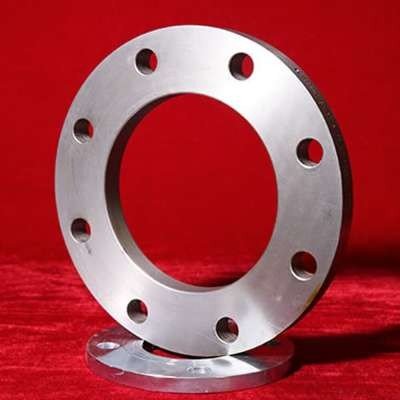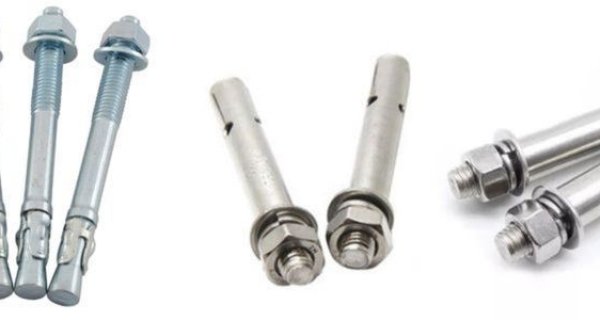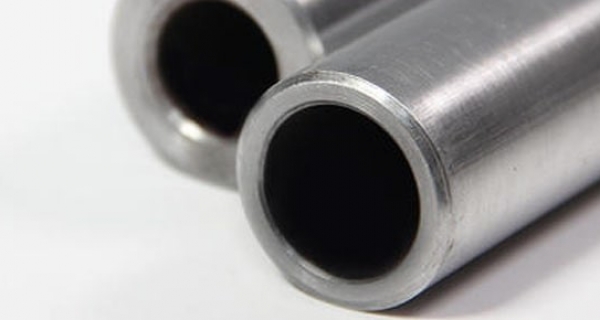The Impact of Flange Standards on Global Manufacturing - Metalica Forging Inc
Metalica Forging Inc, a renowned leader in Flanges Manufacturer in India.These flanges play a crucial role in seamlessly connecting pipes to other components, such as tees, elbows, reducers, and valves, ensuring smooth integration within piping systems.
Posted 1 year ago in International, updated 1 year ago.
Metalica Forging Inc
Metalica Forging Inc, a renowned leader in Flanges Manufacturer in India. These flanges play a crucial role in seamlessly connecting pipes to other components, such as tees, elbows, reducers, and valves, ensuring smooth integration within piping systems.
As one of the largest Flange Suppliers in India, the company has earned a reputation for its unwavering commitment to meeting the global demands of its clients, who are spread across five continents and nearly 80 countries. This outstanding accomplishment demonstrates the exceptional excellence and long-lasting nature of the company's goods.
We are the most trusted name in the Indian flanges market, known for producing ASTM A105 flanges that can withstand high-pressure and high-temperature conditions. The company, a leading provider of JIS Flanges, is constantly broadening its range of services to meet the evolving needs of its varied customers.
Flanges are critical components across many industrial sectors because they bridge most of the equipment related to piping, valves, pumps, and others. Their importance range across application-including oil and gas, chemical processing to power generation, water treatment, and construction industries.
The Role of Flanges in Manufacturing : Metalica Forging Inc
Before discussing impact from standards, a brief description of what a flange is and how important of a tool it has been in mechanical construction is necessary. A flange is a mechanical element allowing pipes, valves, along with other machinery parts to make connections. The greatest advantage of flanges lies in the flexibility in assembling and disassembling for repair, maintenance, and inspection purposes. They are usually bolted and have gaskets placed between flanges in order to ensure a tight seal that is leak-tight.
The Need for Flange Standards
Global manufacturing involves a global process in which various industries rely on products and equipment from other regions. Standardization in the design of flange, production, and application is achieved because a slight difference in measurements or material quality of flanges would lead to devastating outcomes. The goal of the flange standards is making parts from different manufacturers substitutional so that systems work with fewer limitations.
Key Flange Standards in Global Manufacturing
Several organizations have established flange standards that are recognized and used globally. The most widely adopted flange standards include:
ANSI/ASME B16.5: This American standard covers the pipe flanges and flanged fittings, which specify the pressure ratings and material requirements for flanges from size ½ inch to 24 inches. These ANSI/ASME B16.5 flanges have gained immense popularity in several industries worldwide, especially in North America.
DIN (Deutsches Institut für Normung): The DIN standards, established in Germany, are widely used in European countries. DIN flanges have their specific dimensions and pressure ratings, and they play a significant role in European manufacturing sectors.
EN (European Norms): EN standards are developed by the European Committee for Standardization. They harmonize flange dimensions and material requirements across Europe, facilitating trade and ensuring consistency within the European Union and other regions.
ISO (International Organization for Standardization): ISO standards provide a framework for harmonizing flange standards globally. ISO standards are essential for companies looking to operate internationally and ensure that their products comply with regulations in different countries.
Impact of Flange Standards on Global Manufacturing
1. Interoperability and Supply Chain Efficiency
Flange standards are important to the interoperability of parts bought from different parts of the globe. Because of globalization of supply, companies must source raw materials, equipment, and parts in several countries. For example, if a domestic manufacturer sources its piping from Europe and its valves from Japan, the standardized flanges ensure that they fit together, thus minimizing the waste of unnecessary idle time and costly delays.
2. Facilitating International Trade
Flange standards are crucial in facilitating international trade, as they eliminate technical barriers among the countries. Components manufactured without standard guidelines would require customized products to meet the varied requirements of each country or region, thus involving a lot of time and cost. International recognition ensures that companies selling their products to multiple markets do not necessarily need significant modifications to the product, ultimately making business easier.
3. Enhancing Safety and Reliability
Oil and gas as well as chemical processing and power generation are some of the industries where safety is of prime importance through the flanges used in containing fluids under high pressure or corrosive chemicals. Default in the flange standards can lead to leaks and failure of equipment, even accidents catastrophic in nature. Flange standards ensure that materials chosen can withstand pressure and temperature requirements to avoid dangerous situations.
4. Innovation and Technological Advancement
Flange standards help ensure consistency and compatibility, but they also enable innovation. Manufacturers can create new materials, coating techniques, and production processes that meet existing standards while providing better performance, durability, or cost-effectiveness. Advancements in metallurgy have led to the development of corrosion-resistant alloys, which are now commonly used in flange production, improving the longevity and performance of flanged connections in challenging environments.








